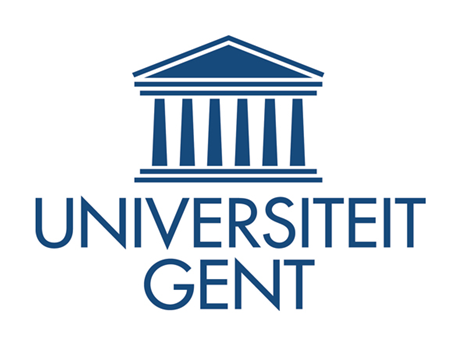Activities
The international community working on the contourite paradigm has acquired an increasing wealth of datasets over the past two decades. A major effort has been made in the study of the Cadiz Contourite Depositional System. Over already more than 20 years, this is the foremost studied contourite system and will receive a leading position, especially with the recent IODP expedition 339 (17/11/11-17/01/12), which has drilled more than 5 km of predominantly Quaternary sediments over 7 sites on the southern Iberian margin.
In addition, the Spanish coordinated CONTOURIBER project has extended the knowledge of the “Mediterranean Outflow Water” contourites over the entire Iberian margin, even up to the Porcupine Seabight. Evidently, this is not the only research site for contourites, but it is one the best documented cases, especially with the current wealth of data waiting to be processed. Therefore, it deserves an umbilical position with this project, allowing to serve as both showcase and case study to be compared with other studied contourite systems around the world’s margins.
The activities of INQUA 1204P focus on two main tasks, which are cross-cutting with the project themes & objectives:
- Cooperation across boundaries in order to stimulate the advance of contourite research by knowledge transfer, developing new methodologies and/or in new research areas.
- Discussion, publication, integration, cataloguing and dissemination of past, present and future data and results to both specialized communities and the wider audience.
In order to to consolidate resources and to maximize the attendance of a multidisciplinary scientific community, the project will annually focus on two types of activities:
- General activities: Public outreach tasks which are needed to increase the visibility and importance of the study of contourites. The main platform for this will be this website. Additionally, this also includes the organization of thematical publications, which will be structured by special work groups. The project also aims to identify knowledge gaps in order to inspire PhD studies for developing country scientists.
- Conferences, meetings and workshops: one of the main goals of this project is to bring as many specialists together over the 4 attributed years. The results of these meetings will be published as special issues of international journals (Quaternary International, Sedimentology) or in books (Geological Society Special Publications). There are two types of meetings:
- INQUA Meetings: workshops or meetings, with a more specialist character, dedicated to a specific topic or region. This will essentially focus on IODP 339 post-cruise meetings (and the related activities of the CONTOURIBER project), the organisation of a core workshops, and a special INQUA session or workshop in the 2nd Deep-Water Circulation Congress in Gent, Belgium (May 2014).
- Joint INQUA/IGCP sessions during a periodically occurring conference. The advantage of such meetings is that a wider audience can be reached and additional funding or facilities may be obtained. This maximizes the benefit for attracting interest to the objectives of this project, as well as for the young, early career and developing countries scientists. More specifically, this concerns the annual meetings of EGU, AGU and IAS. Additionally, the joint INQUA/IGCP activities will also be promoted during the 34th IGC (Brisbane 2012), the 11th ICP (Barcelona 2013) and the 35th IGC (Cape Town 2016).



